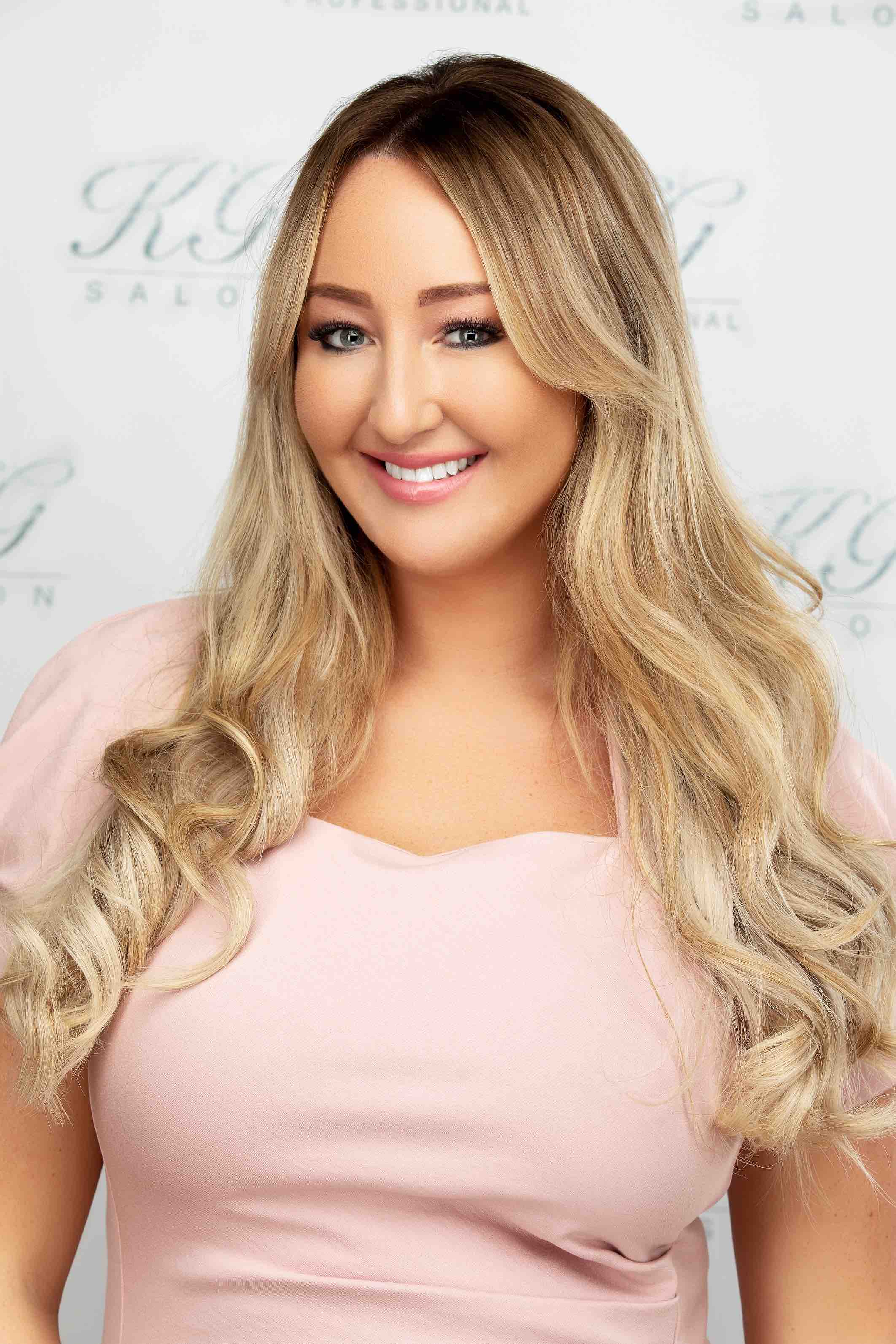The vital role beauty therapists play in the community

The role of a beauty therapist consists of carrying out professional treatments on customers to a high standard, but with mental and physical health issues on the rise, nowadays it’s not the only thing the job requires.
When clients come into the salon, they often offload a lot of personal issues on us, from positive news and celebrations, to more negative thoughts, feelings and stresses. There’s a saying in the industry of “what’s said in the salon stays in the salon” and I’m sure all of you reading this statement would agree.
We are so close to our clients that we notice, maybe even perhaps better than others close to them, if they are down or not their usual self. For example, you might have a client that is normally really chatty but now seems quiet and withdrawn; their phone might be constantly ringing and they appear anxious to answer it; or they might be covered up, wearing a high-neck jumper when it’s warm outside to cover up bruising.
When you’re treating a client every two weeks you quickly get to know their ways, so it’s easy to spot if something doesn’t seem quite right. As such, it’s easy for clients to build up trust with us, they consider us to be a figure in their lives they can confide in.
What training resources are available to therapists?
Beauty therapists can do so much to help those in their local area who are struggling. Being able to spot the signs that something is wrong and go that extra mile in your customer service will make our industry even more invaluable.
This leads me to talk about Behind the Mask, a UK campaign which helps beauty professionals detect the signs of domestic abuse in clients, as well as giving advice on how to respond to it. The online programme is free and takes less than 30 minutes to complete.
A resource like this can be invaluable as it can be hard to spot the signs of domestic abuse, especially as it can come in several forms such as psychological, sexual harassment and controlling behaviour, and now everyone among the KG Salon franchise is training in it.
Don’t forget to look after yourself too
However, on the other side, it can be hard for us as the professional to carry all of those negative emotions. We need to ensure that we don’t bottle up these emotions and let them affect our lives.
It always helps when you talk to someone and your manager will always be there to support you. As much as it’s hard not to, try not to take the problems home with you.
 Katie Godfrey is chief executiveof salon group KG Salon, which has sites in Barton-le-Clay, Wokingham, Luton and Gants Hill in Essex.
Katie Godfrey is chief executiveof salon group KG Salon, which has sites in Barton-le-Clay, Wokingham, Luton and Gants Hill in Essex.


